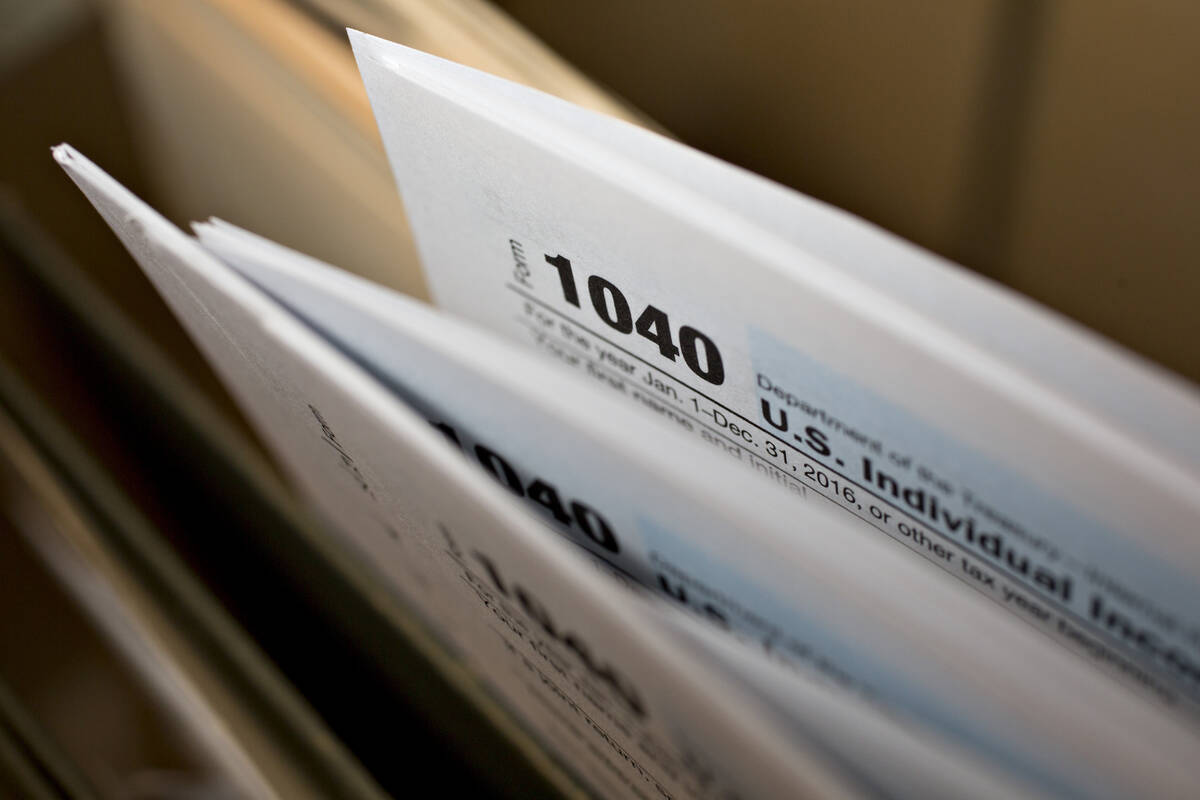COMMENTARY: High-income earners pay much more than their ‘fair share’
What is your fair share of what someone else has earned? That’s the fundamental principle being tested when discussing “the wealthy paying their fair share.”
Politicians frequently use this hackneyed phrase with ill-defined terms in their calls to raise taxes. Still, the numbers don’t support the idea that the wealthy are skirting their financial responsibility to the nation.
According to the U.S. Treasury, the bottom 10 percent of income earners pay no taxes, and the second income decile has an average tax rate of minus 4.8 percent. Mechanisms such as refundable tax credits mean this group receives more from the Treasury than it pays in taxes.
Those in the 20 percent to 30 percent of income earners pay an average tax rate of just 2.8 percent. Predictably, as a person earns more, he or she pays a higher percentage of his or her income in taxes. Still, no one in the bottom half of income-earners pays more than a 10.1 percent average tax rate.
The average tax rate has climbed 27 percent for the top 10 percent of income earners, but many Americans are surprised to learn that the threshold for this group is just $136,000 for individual income earners.
Most people in the top-income decile are considered middle class. To find the “wealthy,” we must look at a much narrower portion of the income distribution.
The threshold for the top 0.1 percent of income earners is $3.3 million, and their average tax rate is 33.5 percent, meaning just more than one-third of their income is confiscated in federal taxes.
Then, there are state and local taxes to consider. In places such as California and New York, these can push average tax rates close to 50 percent.
Is it fair to take half of what someone else has earned? And who is wealthy? A high income is not the same as wealth, which is acquired only through saving and investing.
It’s disturbing that the current political climate tends to demonize wealth. The saving and investing of income, not dissipation through spending, generates economic growth. Without savings, capital will decline. That means fewer factories and machines, fewer homes available, slower technological advances and medical breakthroughs, etc.
Investment in capital puts tools in the hands of workers, making them more productive, which increases their incomes. More capital also means more houses and apartments, something America desperately needs amid a housing shortage and cost-of-living crisis.
Capital investment also results in higher living standards because it drives economic growth. As capital accumulation spread across the globe over the past century, technological improvements exploded. The percentage of people living in poverty was cut from 80 percent to less than 10 percent, even as the population grew exponentially.
Those who think the wealthy don’t pay their fair share of taxes should also remember if you tax something, you get less of it. Wealth is no different. A reduction in wealth means a reduction in economic growth, leaving everyone worse off, particularly low-income earners.
The top 0.1 percent of income earners provide a disproportionate amount of America’s economic growth, which is why they also earn a disproportionate amount of the nation’s income. But the amount of taxes they pay are even more out of proportion, accounting for 14.9 percent of all federal tax receipts from just 8.9 percent of family incomes.
That indicates high-income earners are paying more than their fair share.
Unfortunately, complex data such as these rarely involve conversations around amorphous words like “wealthy” and “fairness.” Instead, bureaucrats gin up class envy by cherry-picking data to promote a false narrative of imagined animosity between income groups.
The facts are very different. While capital investment and innovation undoubtedly make investors and inventors wealthier, they make society wealthier, too. More than 90 percent of the benefits created by inventors fall on society broadly, with less than 10 percent going to the inventors themselves.
For example, the creators of smartphones have obviously received substantial benefits from selling their invention, but everyone who owns a smartphone has clearly benefited, too. (You may be reading this on one right now.)
High-income earners already pay disproportionately high taxes and receive disproportionately low amounts of the proceeds from their economic activity. They’re paying their fair share as is. Confiscating even more is a surefire way to kill innovation and hurt middle-class America.
E.J. Antoni is a public finance economist at the Heritage Foundation and a senior fellow at Committee to Unleash Prosperity. He wrote this for InsideSources.com.

















